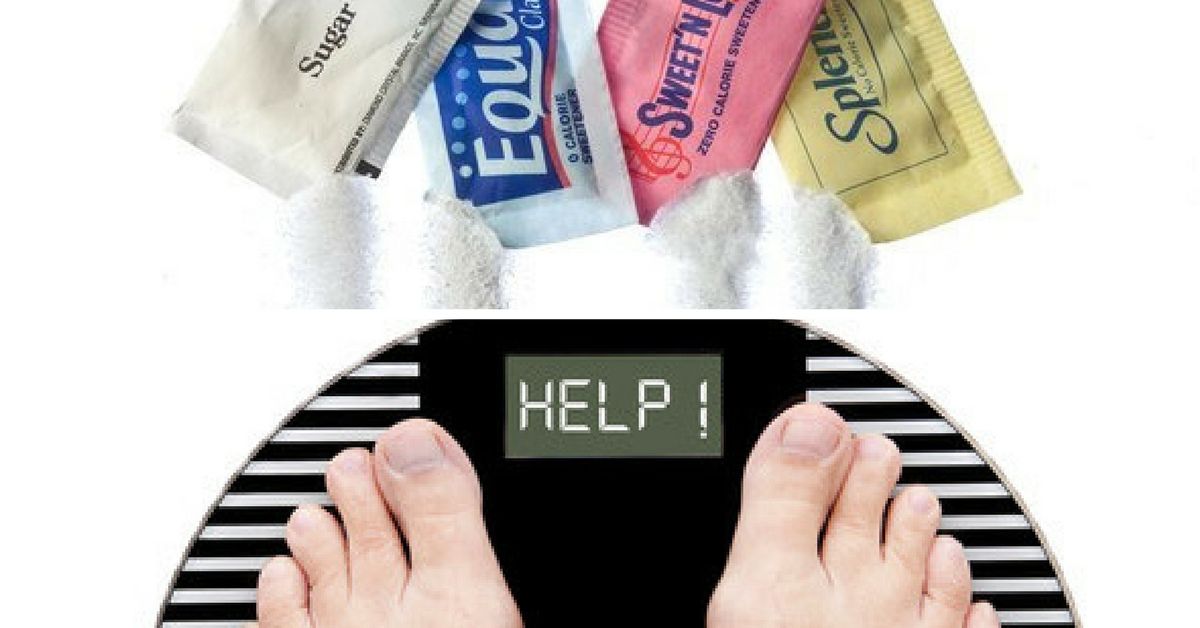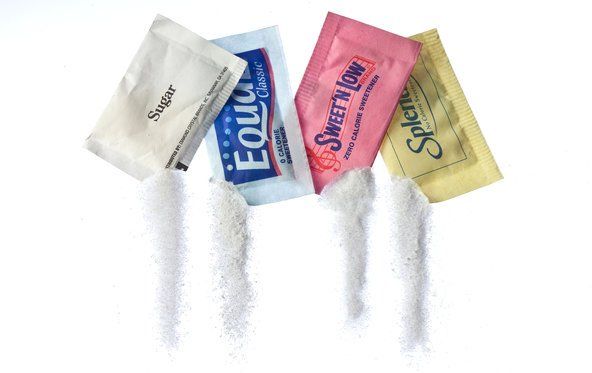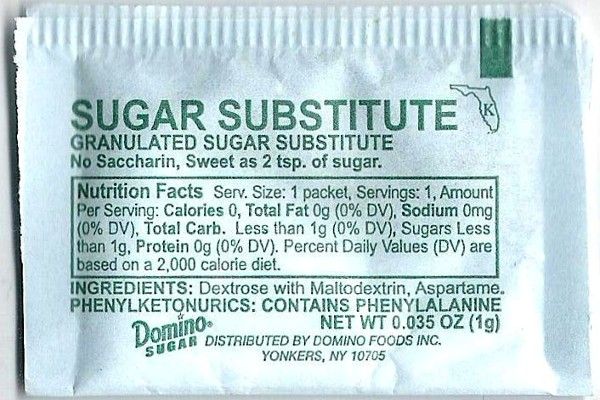We've been warned about the harmful effects sugar has on our bodies for decades.
Sugar contains absolutely nothing good for your health. All you're doing is digesting hundreds of calories that can lead to weight gain, diabetes, and a host of other problems.
But it's nearly impossible for many people to consume their morning coffee, dessert, or favorite snack without finding sugar in it. So what was the solution to all this?
Companies introduced and marketed artificial sweeteners, which tastes sweet like sugar but contains no calories.
However, according to health experts, the best substitute is actually no substitute at all.
Countless studies have shown that artificial sweeteners are linked to the health problems that they are supposed to prevent.
The findings are bittersweet...
Researchers at the University of Manitoba in Canada have looked over dozens of studies about how artificial sweeteners are actually harming our health.
"There's no clear evidence for a long-term benefit, and there's some evidence for potential harm," said assistant professor, Meghan Azad.
These studies found people are at risk for diabetes, weight gain, high blood pressure, and cardiovascular disease.
The theory behind this is that the brain responds the same way to artificial sweeteners that it does to sugar.
These sweeteners may affect essential gut bacteria that regulates the immune system, and play havoc with your body's metabolism and insulin levels.
"The idea is that artificial sweeteners are shifting the gut flora the way that predisposes us to obesity," said Azad.
However, not all health experts are convinced that artificial sweeteners alone are causing all these problems.
"There's psychological issues, medical issues, family issues, so these people seem to be at risk in the first place, so we can't use these studies to say that these sweeteners are the problem," said Dr. Sean Wharton, an internal medicine specialist.





